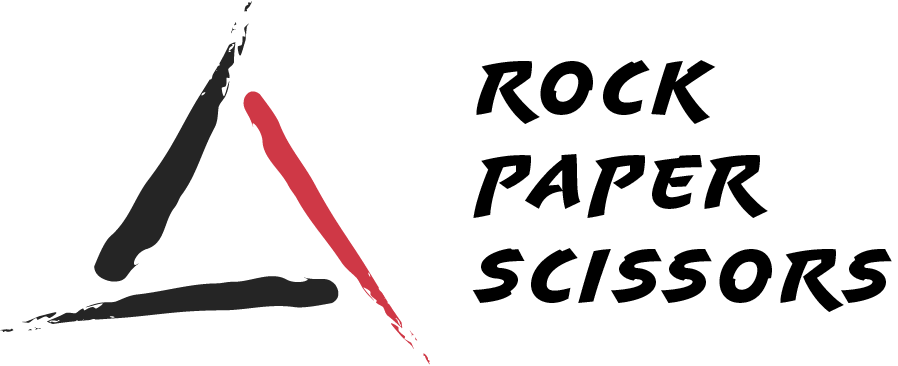“Overcome the Challenges in Managing A Remote Team”
Remote working has becomes a common thing in the Digital Entrepreneur Era. Companies like Yahoo, which at 2013 banned remote working are starting to recognize the benefits of remote working for both the organization and its employees. By enabling staff to communicate wherever and whenever means a faster response time, increased operational speeds, and the ability to adapt to changes in the market quicker.
Building and managing a remote team is another homework for the operational manager. Though it may be easier to hire/build a remote team, managing a remote team can be harder if it’s not handled correctly. Manager will face several challenges that come up in the process, and they need to find the best practice so the managing process can be effective. Lets break down the challenges, and what you can do about it.
Challenging Issues On Managing A Remote Team
In a more in-depth discussion, the challenges for managing a remote team can be grouped into:
1. Time, Space and Culture Differences
Time, space, and culture are three factors that challenge any leader, whether their teams are remotely based or in the office. Having a remote team will undoubtedly give you more opportunity to hire people in a different area, moreover different timezone; which will make your working hours differ from them. But, having to engage people in different areas gives you the chance to hire the best.
On the other hand, having a different time zone means that their working hours will differ from you. Space different will also be a problem; having a separate space with your team will make it challenging to communicate clearly. At last, having cultural differences will also affect how you should manage every member of your remote team.
2. Poor Communication
Remote leaders need to be skilled in driving results with little face-to-face contact, the need for engaging, managing, inspiring, and building trust within the remote team member with current technology is more challenging rather than having to have a face-to-face meeting. Without having the skill to communicate using technology will effects the business/startups overall performances. By any means, having the necessary expertise in communicating is critical to have for the manager.
3. Lack of Accountability
Great leaders accelerate accountability, but in the end, the problem is different here with managing a remote team. Maintaining accountability within the remote is the leader’s task. Leader/manager should be able to set goals as detailed as possible. If the manager doesn’t know where they are right now and where they want to go, it will be hard for the manager to maintain accountability. Using SMART (Specific, Measurable, Accountable, Relevant, and Timely) goals can help the manager to set goals.
Best Practice on Managing A Remote Team
While the issues sound complicated and challenging, you can rest assured because there is no problem without any solution. These are some practices that you can do to manage a remote team:
1. Dealing with Differences
Differences can be annoying, but remember the differences is what brings new fresh ideas to the company. Try to understand your remote team member time zone and set a strict deadline for your team so that time differences won’t be a problem. The remote team will often use online tools to keep the work on-going, most likely they use a platform that holds all the team on the same page, but unfortunately, this can also mean that you’ll get a notification when you least expected; the time where it can bother you. To keep things comfortable for everyone, discuss work schedules with your team member. Different culture means that there will be a difference in behaviours, humour, and criticism; that’s why you should keep your tone neutral to avoid conflict.
2. Communicate Properly in a Remote Team
You should set your expectations early in terms of availability, the medium of communication, timely meetings, and respond to emails. By setting expectations first before the hiring process, you can give your possible team member a picture on how things work in your business/startups.
3. Trust your Team, But Check your Team Work Periodically
Trusting your team is a must, but that doesn’t mean that you should be 100% sure that they will not slack from their task. That’s why checking their work is very important to manage your remote team so that your work can be on track to still be performing.
Conclusion
Managing a remote team comes with its challenges, but if you can manage your team correctly, you’ll receive and achieve more than you thought. By doing the simple steps, you can have a remote team that is loyal, hard-working, and productive that will help you reach the business/startups vision, and at the same time will make you spend less money due to the cut of unnecessary cost.
Rock Paper Scissors is the missing link between business and technical world. We translates business language into technical, and technical limitation into business constraints. We guide organization and individuals alike to create their own digital product and navigates all the complexity of product creation process. Find out more.
References:
https://search.proquest.com/docview/1525369221/EC18ED8BA77543BCPQ/4?accountid=44931
https://www.timedoctor.com/blog/run-a-remote-team/
https://www.fastcompany.com/90263240/5-best-practices-for-managing-a-remote-team
